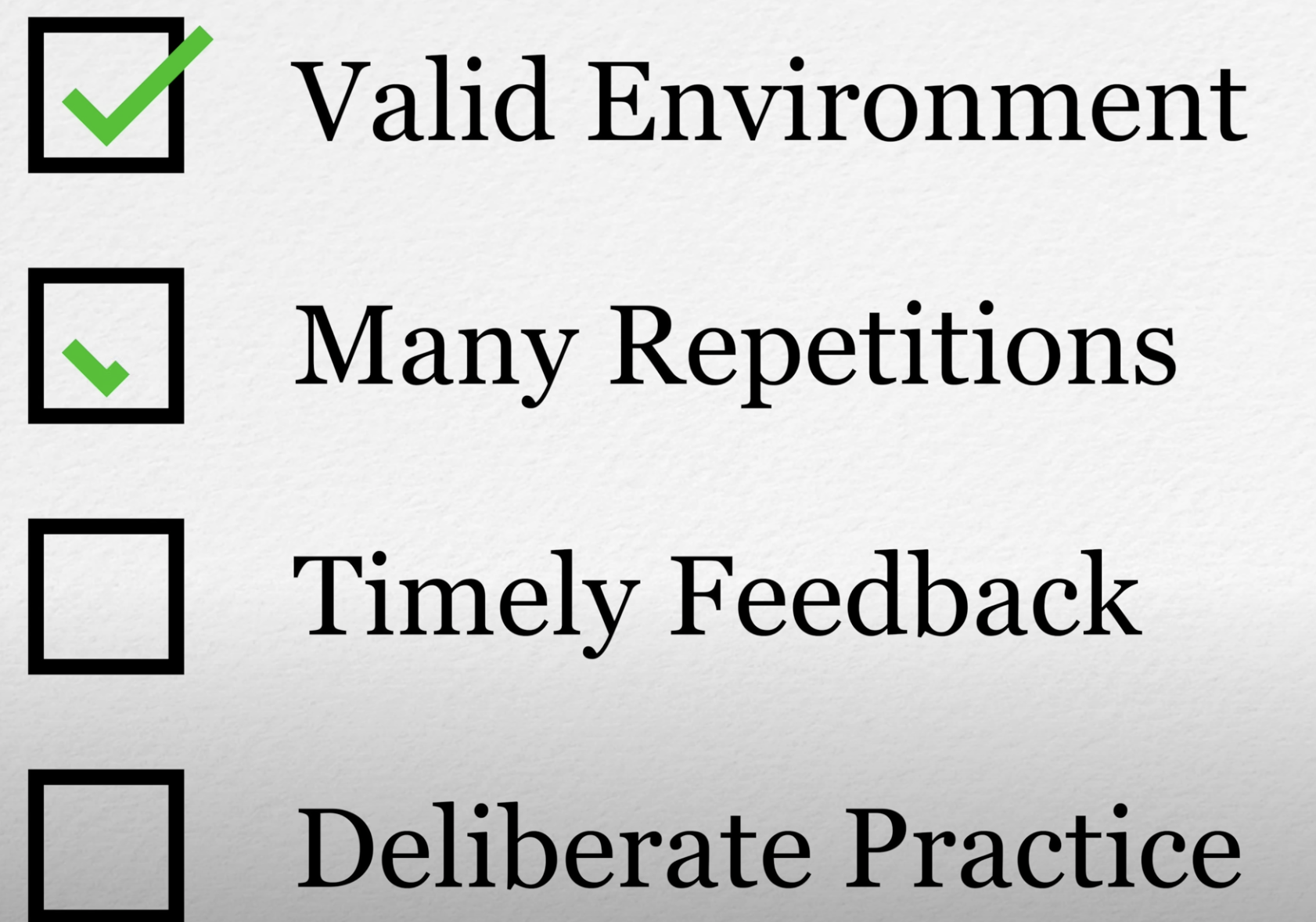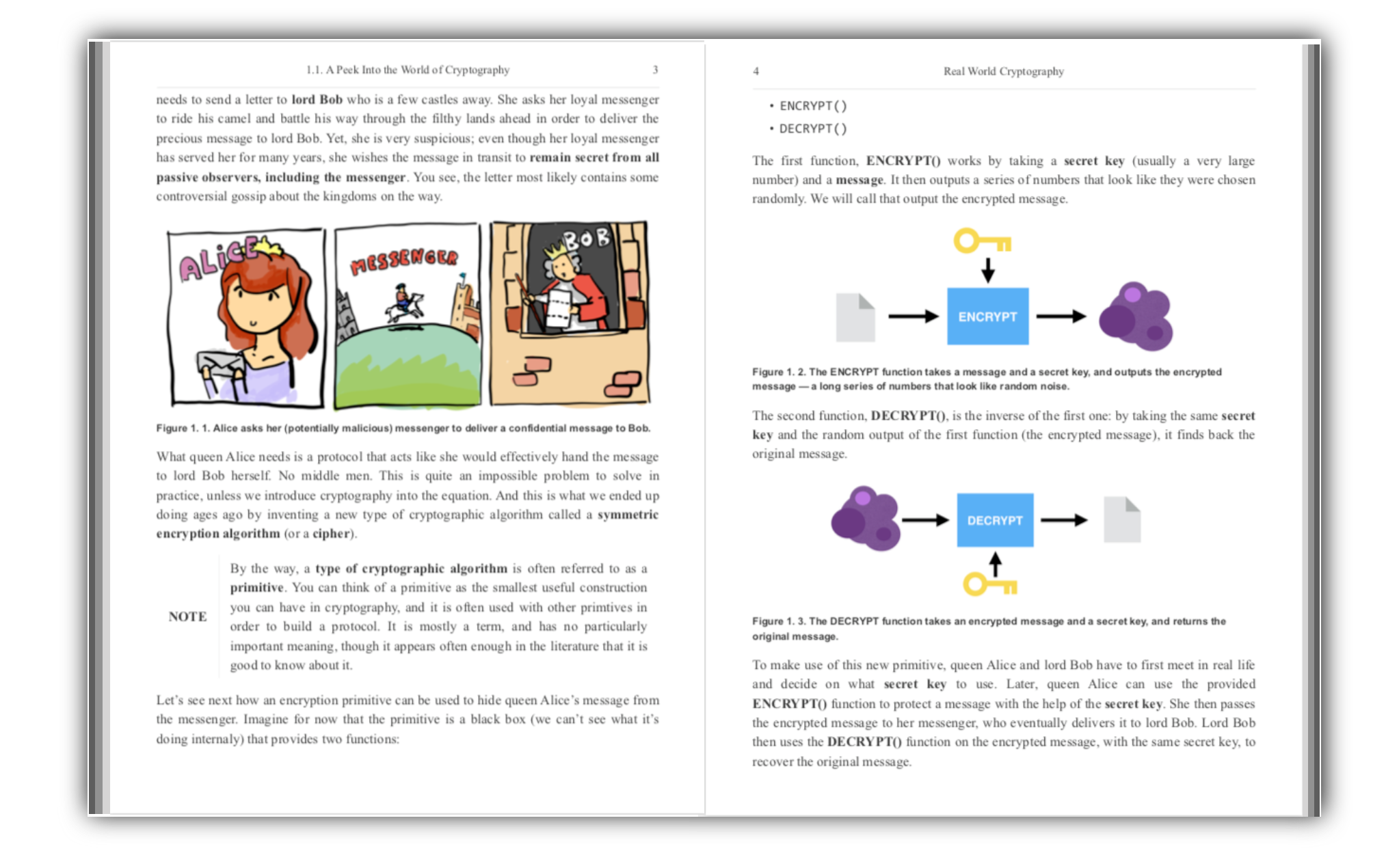Dealing with the unknown posted March 2023
I've spent some hard months dealing with things that were way out of my comfort zone. I would usually agree that you should always aim to do things out of your comfort zone, but the ROI tends to diminish the further away from your comfort zone you are.
In any case, I was slow to make progress, but I did not give up. I have this personal theory that ALL successful projects and learnings are from not giving up and working long enough on something. Any large project started as a side project, or something very small, and became big after YEARS of continuous work. I understood that early when I saw who the famous bloggers were around me: people who had been blogging nonstop for years. They were not the best writers, they didn't necessarily have the best content, they just kept at if for years and years.
In any case, I digress, today I wanted to talk about two things that have inspired me a lot in the last half.
The first thing, is this blog post untitled Just Know Stuff. It's directed to PhD students, but I always feel like I run into the same problems as PhD students and so I tend to read what they write. I often run away from complexity, and I often panic and feel stressed and do as much as I can to avoid learning what I don't need to learn. The problem with that is that I only get shallow knowledge, and I develop breath over depth. It's useful if you want to teach (and I think this is what made Real-World Cryptography a success), but it's not useful if you want to become an expert in one domain. (And you can't be an expert in so many domains.)
Anyway, the blogpost makes all of that very simple: "just know stuff". The idea is that if you want to become an expert, you'll have to know that stuff anyway, so don't avoid it. You'll have to understand all of the corner cases, and all of the logic, and all of the lemmas, and so on. So don't put it off, spend the time to learn it. And I would add: doesn't matter if you're slow, as long as you make progress towards that goal you'll be fine.
The second thing is a comment I read on HN. I can't remember where, I think it was in relation to dealing with large unknown codebases. Basically the comment said: "don't use your brain and read code trying to understand it, your brain is slow, use the computer, the computer is fast, change code, play with code, compile it, see what it does".
That poorly paraphrased sentence was an epiphany for me. It instantly made me think of Veritasium's video The 4 things it takes to be an expert. The video said that to learn something really really well, to become an expert, you need to have a testing environment with FAST and VALID feedback. And I think a compiler is exactly that, you can quickly write code, test things, and the compiler tells you "YES, YOU ARE RIGHT" or "BEEEEEEEP, WRONG" and your brain will do the rest.
So the learning for me was that to learn something well, I had to stop spending time reading it, I had to play with it, I had to test my understanding, and only then would I really understand it.

"timely feedback" and "valid environment" are the rules I'm referring to. Not that the other ones are less important.


Comments
leave a comment...